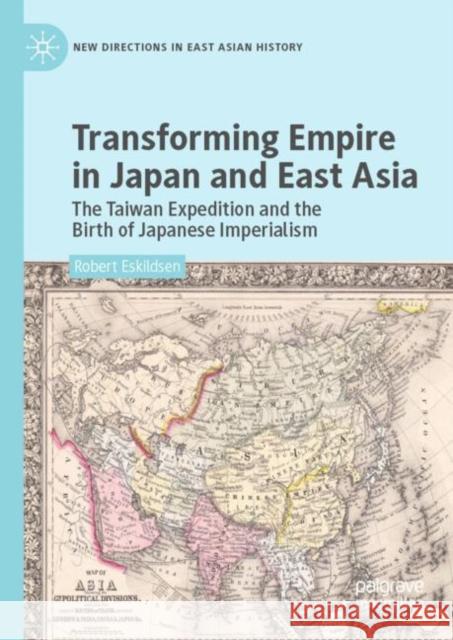Transforming Empire in Japan and East Asia: The Taiwan Expedition and the Birth of Japanese Imperialism » książka
topmenu
Transforming Empire in Japan and East Asia: The Taiwan Expedition and the Birth of Japanese Imperialism
ISBN-13: 9789811334795 / Angielski / Twarda / 2019 / 383 str.
Transforming Empire in Japan and East Asia: The Taiwan Expedition and the Birth of Japanese Imperialism
ISBN-13: 9789811334795 / Angielski / Twarda / 2019 / 383 str.
cena 484,18
(netto: 461,12 VAT: 5%)
Najniższa cena z 30 dni: 424,07
(netto: 461,12 VAT: 5%)
Najniższa cena z 30 dni: 424,07
Termin realizacji zamówienia:
ok. 22 dni roboczych
Bez gwarancji dostawy przed świętami
ok. 22 dni roboczych
Bez gwarancji dostawy przed świętami
Darmowa dostawa!
Kategorie BISAC:
Wydawca:
Palgrave MacMillan
Seria wydawnicza:
Język:
Angielski
ISBN-13:
9789811334795
Rok wydania:
2019
Wydanie:
2019
Ilość stron:
383
Waga:
0.63 kg
Wymiary:
21.01 x 14.81 x 2.39
Oprawa:
Twarda
Wolumenów:
01
Dodatkowe informacje:
Wydanie ilustrowane











